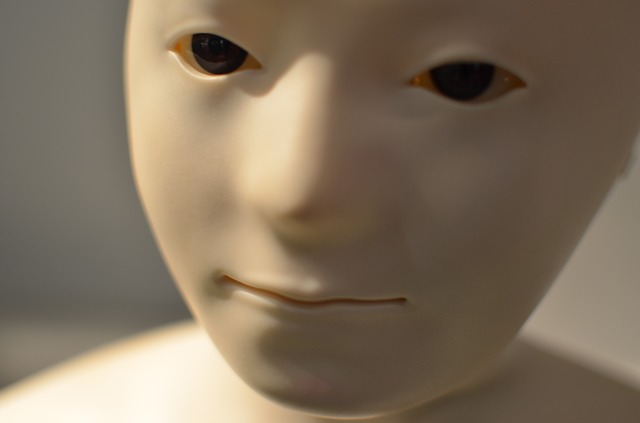Artificial intelligence to replace workers at Japanese insurance firm

Fukoku Mutual Life Insurance in Japan is reported to be replacing 34 of its employees with IBM’s Watson Explorer AI, which is capable of calculating payouts to policyholders.
The firm believes the move will increase productivity by 30% and see a return on its investment in less than two years—installation will cost 200m yen (£1.4m), with savings of approximately 140m yen (£1m) per year thereafter.
Watson will be able to read tens of thousands of medical certificates and factor in the length of hospital stays, medical histories, and any surgical procedures before calculating payouts, according to the newspaper Mainichi Shimbun. However, whilst drastically reducing the time needed to calculate Fukoku Mutual’s payouts, the sums will not be paid until they have been approved by an actual member of staff
While automation is only just being introduced into the insurance industry, it has been a staple part of the motor industry for much longer. This week, Ford Motor Co. announced it will abandon a potential $1.6b investment in Mexico, deciding instead to spend $700m expanding its domestic operations in Michigan. While some believe that criticism from the US president-elect has spurred the move and applaud the employment opportunities it will create, Mark Gilbert, in his column for Bloomberg View, observes how this large investment will actually create just 700 jobs.
According to Gilbert, industry trends—a wider acceptance of electric cars and the push by carmakers to develop self-driving vehicles—mean Ford needs to expand where its “smartest engineers, best technology, and advanced automation” are located, rather than seeking low-cost production lines.
Whether automation is the answer to greater productivity in the insurance sector is still to be seen, but it has certainly had tangible financial benefits for the auto industry (e.g. increasing Ford's annual revenue per employee by 27% in 10 years).
Richard B. Freeman in his article Who owns the robots rules the world says, “As long as the relative advantage of machines varies, there will be work for humans.” He states that the problem of automation is that it is the owners of the machines who will receive the bulk of the benefits of the technological progress. The best solution, he argues, is for workers to own large shares of capital such as the Employee Stock Ownership Plans in the US.
Marco Vivarelli is optimistic, he writes in his IZA World of Labor article that, “Industrial and innovation policies that support research and product innovation, especially in high-tech sectors, can lead to the emergence of new firms and sectors—and new jobs.”
Related articles
Who owns the robots rules the world, by Richard B. Freeman
Innovation and employment, by Marco Vivarelli
See also our papers on the future of work